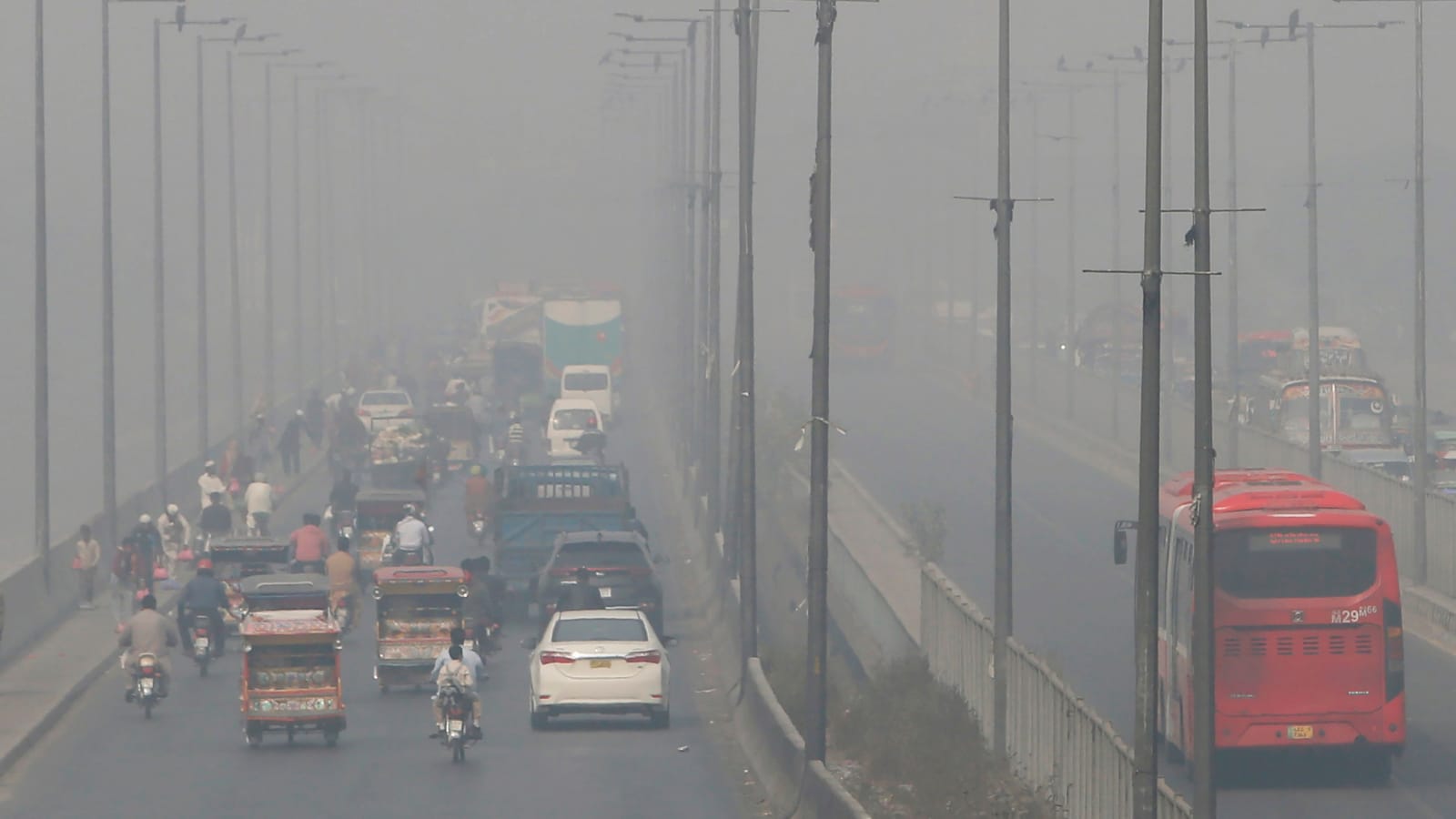Islamabad: News Desk
The Centre for Peace and Development Initiatives (CPDI), a non-profit organization focused on climate action, has urged the Pakistani government to establish and implement comprehensive national and regional strategies to address the country’s worsening air quality and mitigate smog on a sustainable basis. CPDI also emphasized the importance of cross-border cooperation with India, given that both nations share similar climate and environmental challenges, including air pollution.
In its statement, CPDI highlighted the severe impacts of smog on public health, particularly for vulnerable groups such as the elderly and those with pre-existing respiratory conditions like asthma. The organization noted that rising smog levels have already led to school closures in parts of Punjab, affecting children’s education, especially for students from low-income backgrounds who may lack access to online resources or private tutoring. CPDI further pointed out that daily wage earners are facing job disruptions due to smog-related restrictions on mobility and economic activities, exacerbating the financial burden on economically disadvantaged families.
Although Punjab’s provincial government has initiated actions to combat smog, CPDI argued that more needs to be done to raise awareness, build capacity, and strengthen inter-departmental coordination. The organization called for broader measures across all provinces, including the transition from fossil fuels to cleaner energy sources, reduction of emissions from transportation and industry, and an end to crop residue burning.
CPDI also emphasized that poor air quality is not confined to Punjab; it is a nationwide issue. The organization warned that without swift and comprehensive measures, air quality could continue to decline, posing an even greater health risk.
In addition to urging local efforts, CPDI advocated for regional cooperation, especially between India and Pakistan, to tackle shared climate issues, particularly air quality and water management. The organization suggested that both governments establish a joint mechanism to coordinate efforts between civil society, government bodies, and the private sector. This collaboration could foster the exchange of expertise and best practices, as well as joint initiatives in research, technology adoption, and the development of green energy markets, according to CPDI.
By promoting a coordinated regional approach, CPDI believes both nations could benefit from collaborative strategies to improve environmental outcomes and reduce the impacts of climate-related hazards and pollution across borders.


